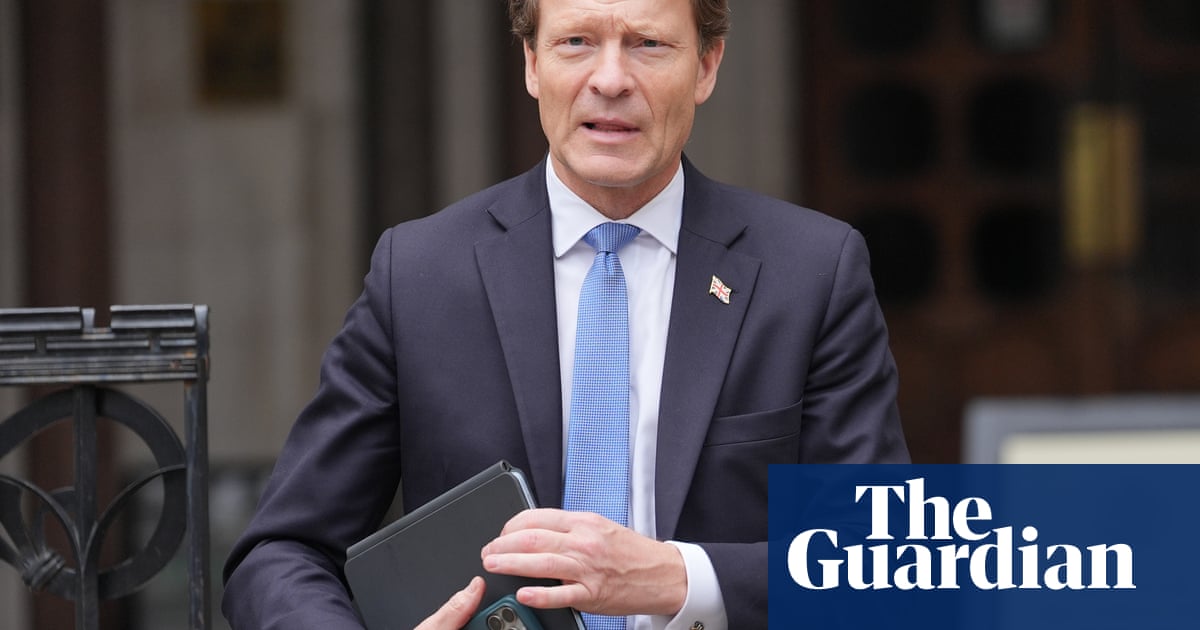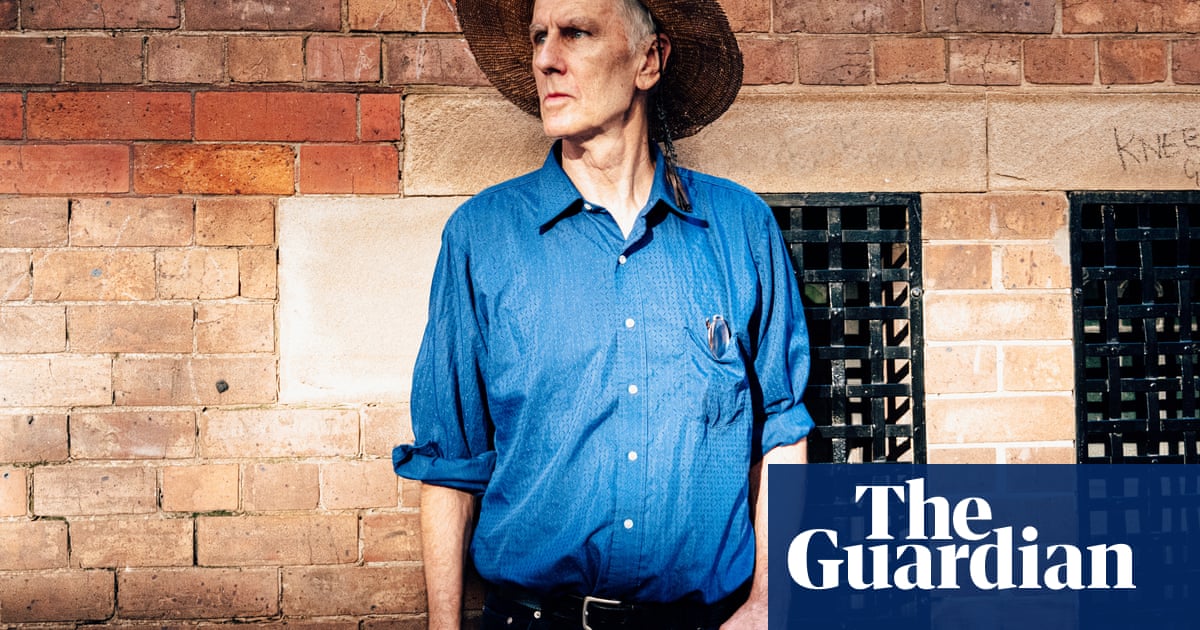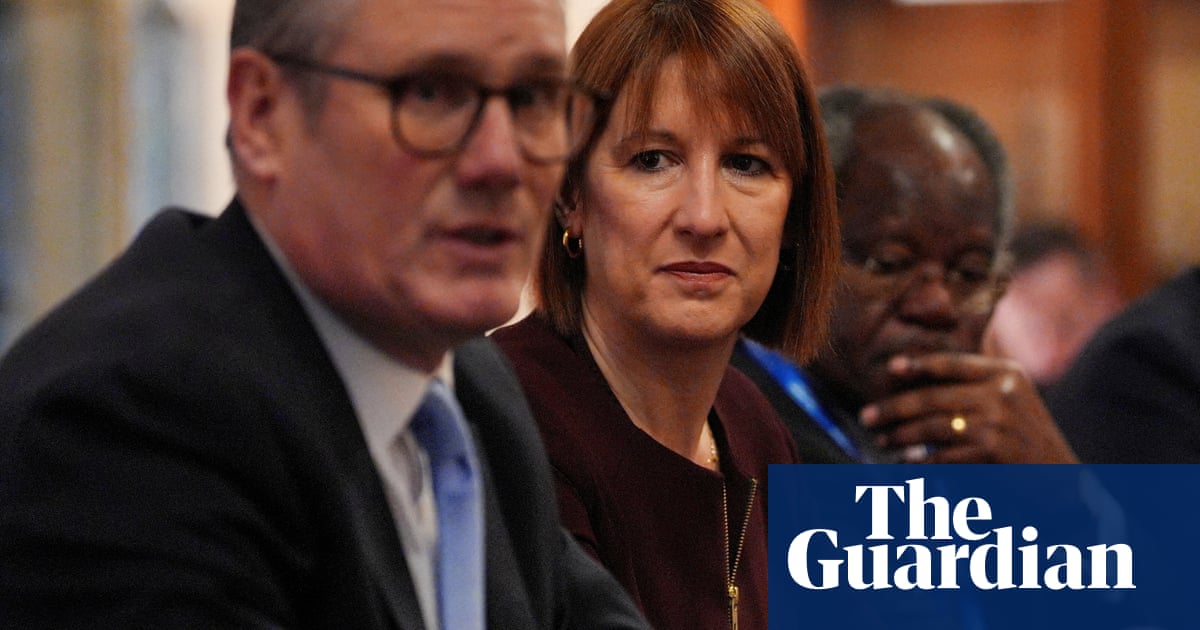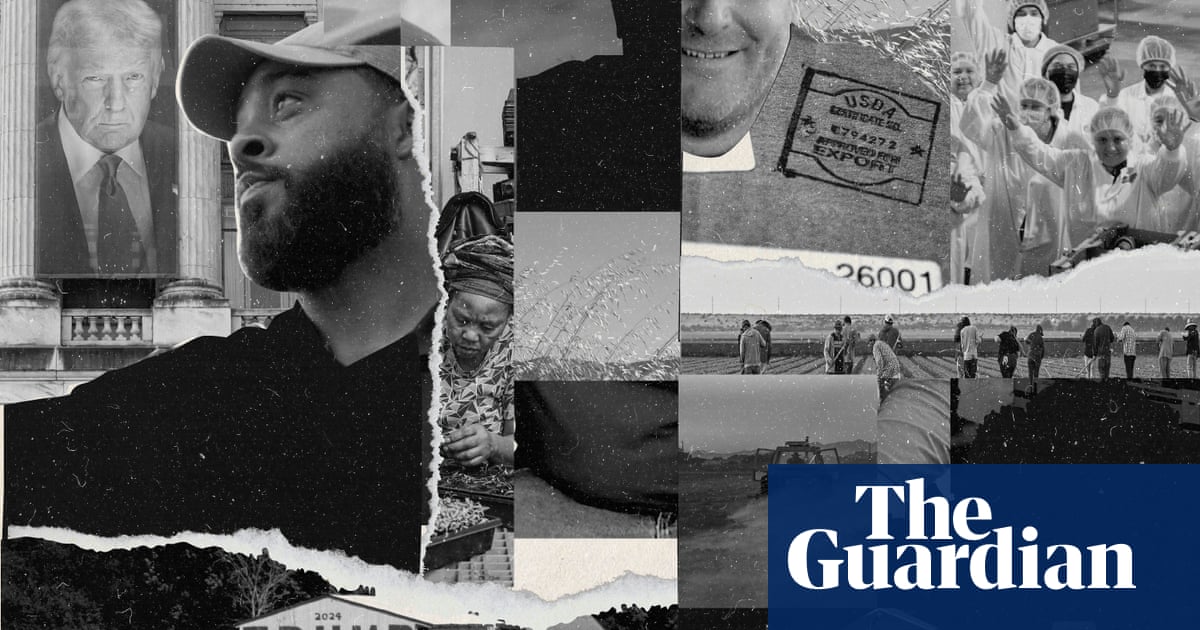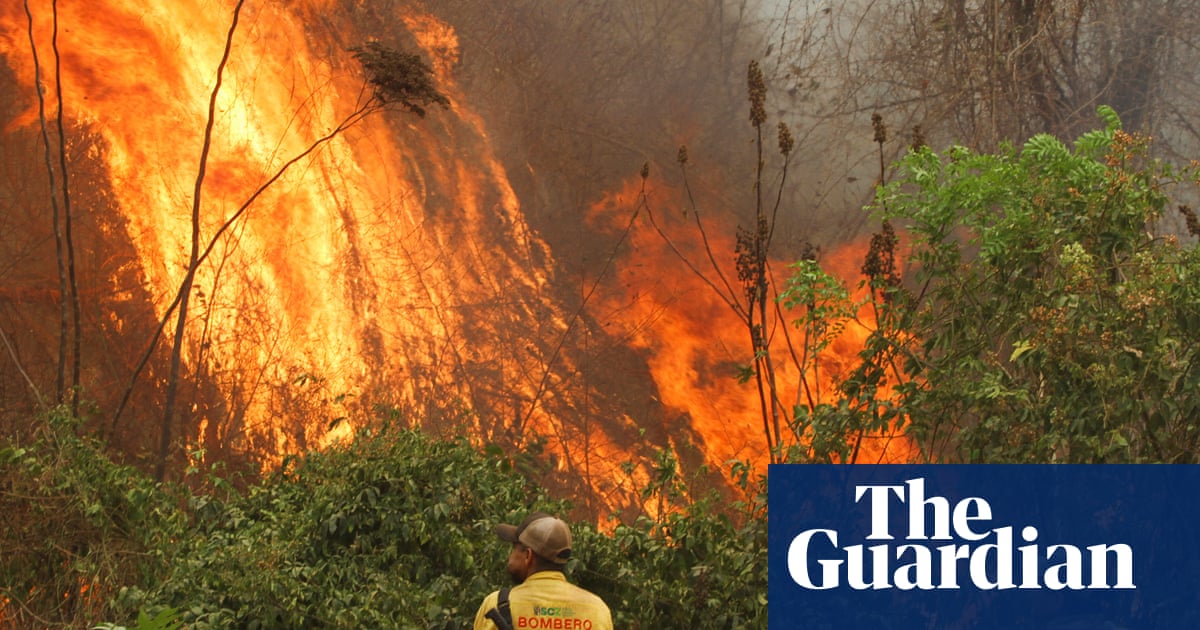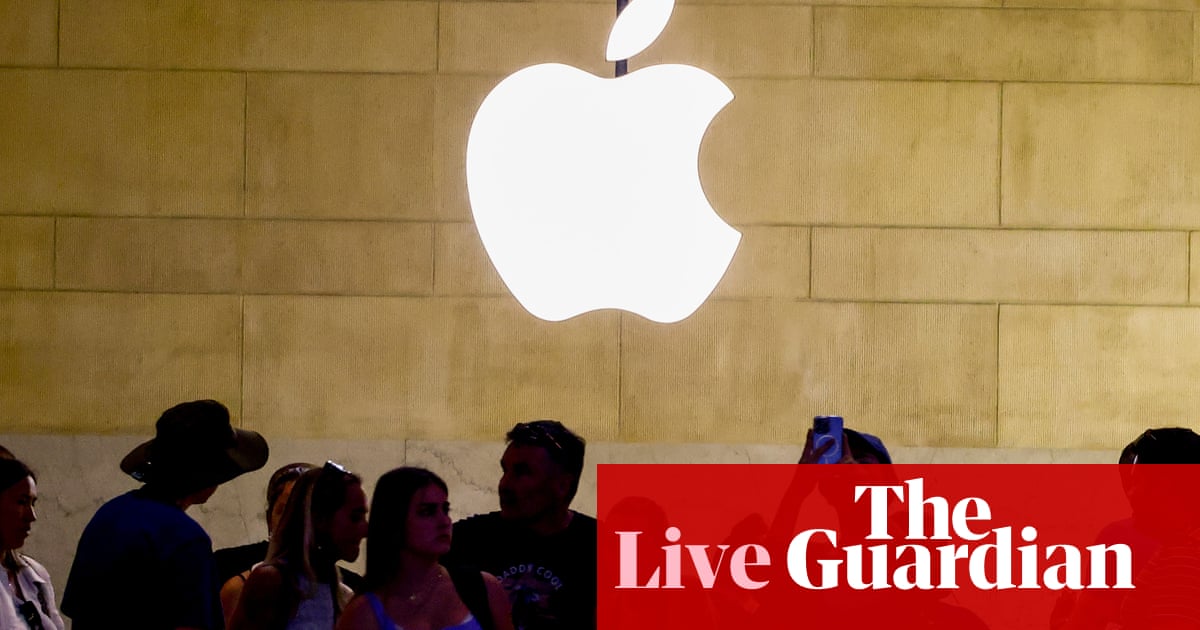Australians’ proud reputation as a pack of cunning linguists has taken a hit from a study finding they come only third in the swearing stakes online.
The research found Australians were more restrained – online, at least – than potty-mouthed Poms and vulgar Americans.
“What the feck?” as the Irish would say – “feck” being their preferred profanity relative to other countries’ use of the word, according to the research.
For the British it’s “cunt”, and for the US it’s “asshole”. For Australians, disappointingly, it’s “crap”.
“We were super surprised by that,” says Dr Martin Schweinberger, from the University of Queensland’s school of languages and cultures.
“We expected it to be ‘fuck’ or something.”
Schweinberger and his colleague, Monash University’s Prof Kate Burridge, analysed more than 1.7bn words from 20 English-speaking countries to find the frequency of almost 600 vulgar words (and their spelling variations, such as “fuuuuuck”, “feck” or “focking”).
The results have been published in the journal Lingua, and Schweinberger said it was the first large-scale analysis that combined traditional linguistics with computational methods.
To pick the words, the researchers used “the middle-class politeness criterion” and other measures.
“Vulgar language generally refers to words or expressions that are considered rude, offensive, or inappropriate in certain social contexts at a given time,” the researchers wrote.
“The usual suspects that challenge social norms in this way include overlapping categories such as blasphemy, curses, ethnic-racial slurs, insults, name-calling, obscenity, profanity, scatology, slang, swearing, tabooed words, offence, impoliteness, verbal aggression, and more – essentially, any form of speech capable of violating conventional standards of politeness.”
They acknowledge that the real world is more complex, with culturally specific norms.
One example cited in the article is the cheeky 2006 “Where the bloody hell are you?” Tourism Australia advertisement. That ad – created while the former prime minister Scott Morrison was managing director – resulted in a string of complaints to the UK advertising regulator.
Another example of culturally specific differences is “cunt”, which is highly offensive in many settings. But the authors say it is now viewed by younger Australians as a “significant part of Australian culture and identity”. High school students see it as normal, and typically Australian, and think that criticising it is basically un-Australian.
The researchers say vulgar language is a “natural playground” for unleashing “linguistic creativity”. It taps into taboos and societal fears, to make an impact through “shock value, the emotional charge and the social fallout when boundaries are breached”.
They found swear words made up 0.022% of Australian general online content, which is the average across all the nations. Britain’s content was 0.025% sweary and the US came in at 0.036%.
But there is a heartening twist to the tale that shows Australians are not here to fuck spiders.
One is that the Global Web-Based English Corpus (GloWbE) dataset the researchers used did not include blogs for Australia – and blogs are typically more sweary than general online content. But it did include them for other countries.
“If we had blog data for Australia it might have pushed us to second place,” Schweinberger says.
He says it could be that in the US, which is “often associated with Protestant puritanism, Christian fervour, and prudishness”, people are less likely to swear in public. That, Schweinberger says, might mean they are more likely to let it all out online.
Australians are likely to swear more face to face, he says, and they also do better on another measure – creativity.
“What we see with Americans is that they really stick to ‘fuck’ … they really like that word,” Schweinberger says.
“But when we look at low-frequency words which typically are more creative – like ‘cockknuckle’ – Australians are actually in second place.”
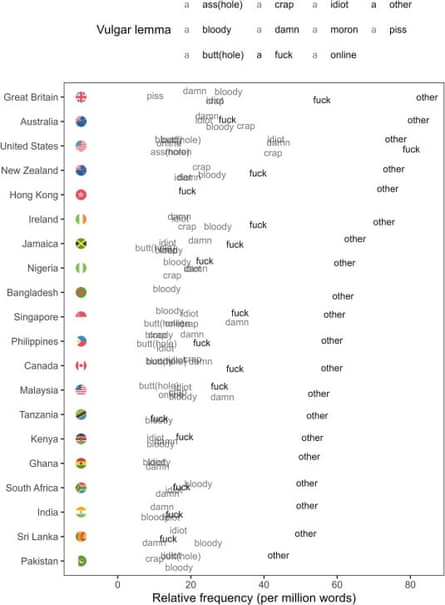

 9 hours ago
2
9 hours ago
2




